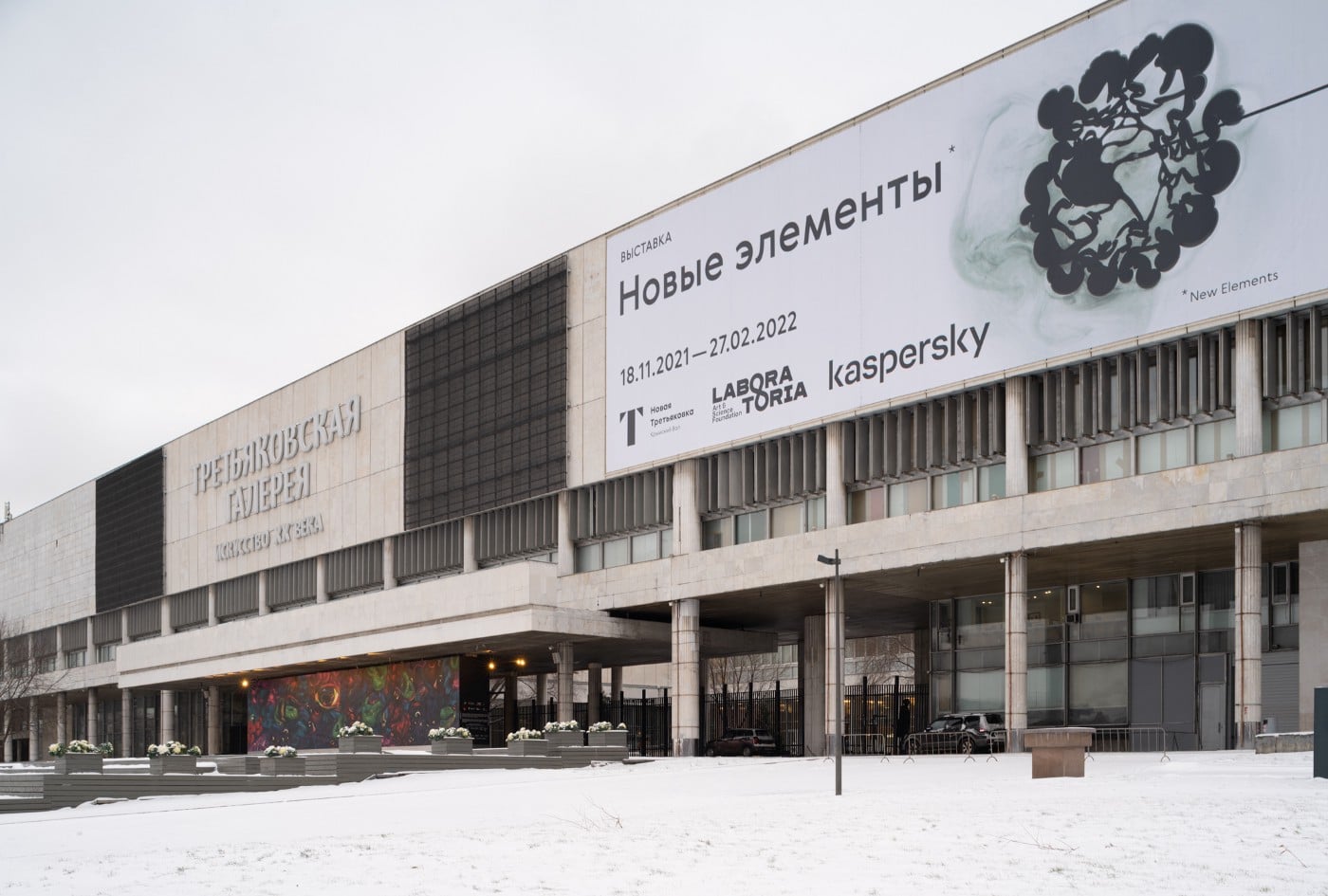
Physicalizing Touch Behavior
Physicalizing Touch Behavior
How do people “think” with their hands, as they explore unfamiliar objects? How do they integrate vision, touch, and prior knowledge?
In this interdisciplinary collaboration between designers and cognitive psychologists, we explore and visualize how people touch objects as they examine and try to gain information from them.
We introduced a novel technique for mapping traces of touch, using an analog UV tracer substance, leaving touch traces that provide clues about haptic cognition.
with Laura Perovich and Bernice Rogowitz. 2021 – 2025
Results and Publications:
Offenhuber, Dietmar, Laura J Perovich, and Bernice Rogowitz. 2025. “Data at Hand – Exploring the Tactile Perception of Data Physicalizations.” In Proceedings of the 2025 CHI Conference on Human Factors in Computing Systems. Osaka, JP: ACM. [download pdf]
In this data physicalization study, we examined whether different mapping choices — how data is expressed as physical form — influence the way people touch these data representations as they try to interpret their meaning.
Perovich, Laura, Bernice Rogowitz, Victoria Crabb, Jack Vogelsang, Sara Hartleben, and Dietmar Offenhuber. “The Tactile Dimension: A Method for Physicalizing Touch Behaviors.” Proceedings of the 2023 CHI Conference on Human Factors in Computing Systems, 2023.
Honorable Mention CHI 2023, [Video] [download pdf]
In this more formal series of experiments, we show that the way people touch objects depend on the narrative framing of the task – similar to Yarbus’ classic eyetracking experiment.
Rogowitz, Bernice, Laura J. Perovich, Yuke Li, Bjorn Kierulf, and Dietmar Offenhuber. “Touching Art — A Method for Visualizing Tactile Experience.” Alt-VIS, 2021. https://doi.org/10.48550/ARXIV.2110.00686. [download pdf]
An exploratory study generating touch traces on various objects and evaluating their correlation with touch behavior.


